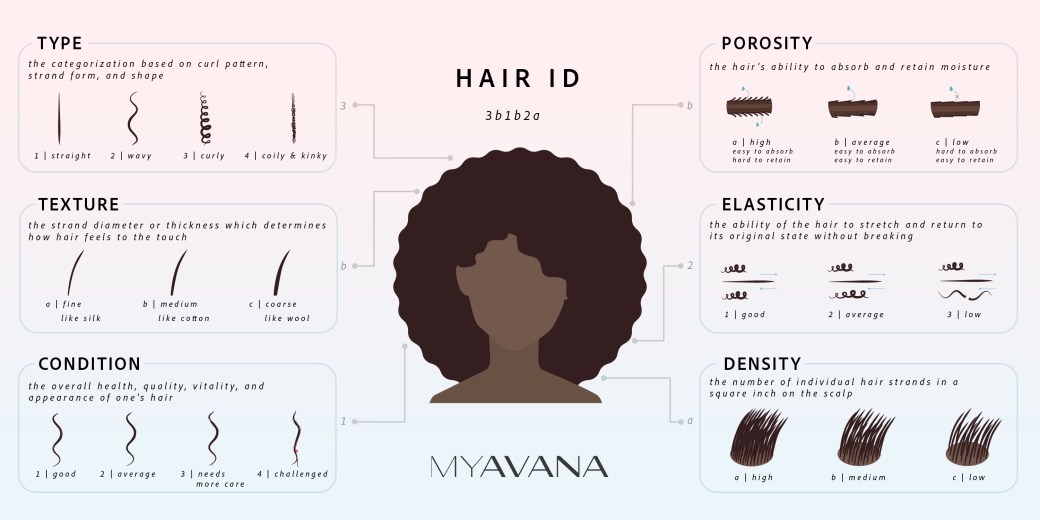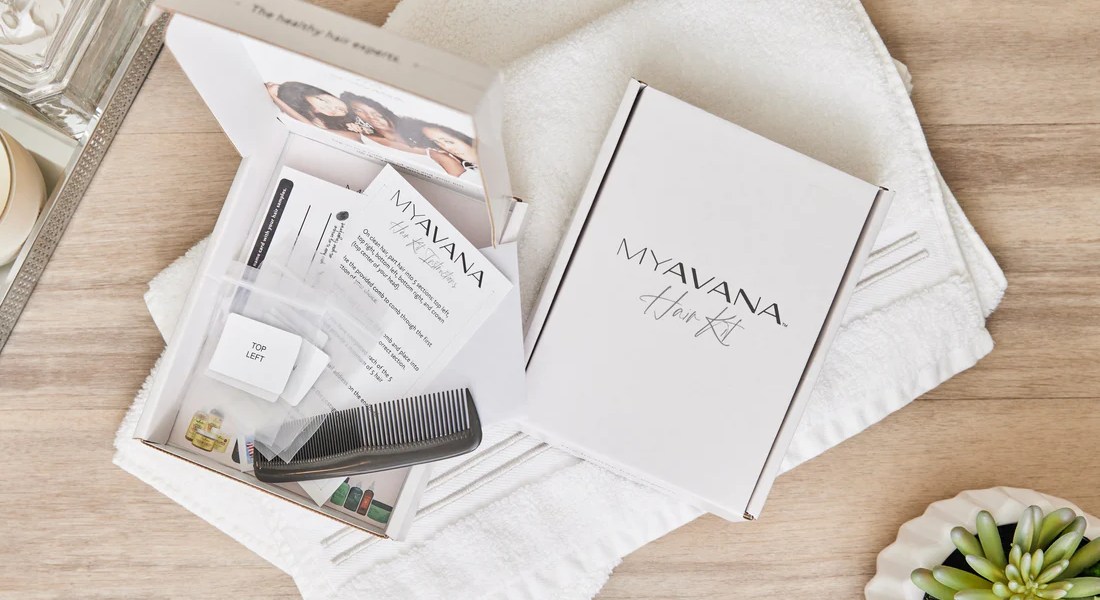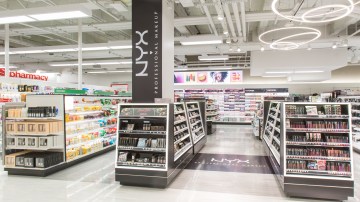In the 1990s, professional hairstylist Andre Walker created the first hair-typing system, which categorizes hair into four main types, 1-4, based on curl type and texture. To get more specific, within each type, hair can also fall into one of three categories, a-c.
At the time, the system changed the hair-care game by giving hairstylists and consumers a tool to better understand how to maintain hair health and pinpoint the best products to use to achieve long-lasting hairstyles. For Black consumers, specifically, the introduction of the original hair-typing system helped usher in a resurgence of the natural hair community. Armed with new information, the beauty industry was able to create products catering to more diverse hair types.
Since then, the natural hair-care market has steadily grown. According to market research firm Grand Market Research, the global natural hair care product market size was valued at $8.74 billion in 2019. That number is expected to see a compound annual growth rate of 4.7% through 2027.
Now, 11-year-old beauty tech company Myavana is proposing an updated hair-typing system that goes beyond hair type and texture. Myavana’s new hair system, dubbed “The Definitive Healthy Hair Care Guide,” also identifies hair’s condition, allowing for more personalized hair-care and product suggestions, according to the company.
“There are variables that you can’t see just from looking at [a person’s hair] — namely, condition. You can only see it at the microscopic level,” said Candace Harris, Myavana co-founder, CEO and tech entrepreneur. “Texture, type and condition create your unique HairID,” she said, pointing to her system’s classification label.
On Tuesday, in step with its Black History Month campaign, “Know Your Roots,” Myavana introduced its hair typing system on its website. Myavana’s HairID takes a 3D approach to hair typing by leveraging the company’s proprietary, patent-pending AI technology. From a hair strand analysis, the technology can produce a “Healthy Hair Care Plan” consisting of product, ingredient and regimen recommendations.
“We wrote the [system’s] algorithm, combining computer science and cosmetology. We also built our own product database, which contains every product on the market — we did our own data entry, scraping product data from the web. Every brand’s claims are in our database [to ensure the best-fit products are recommended]. And we also do our own product performance testing, led by Robin [Groover, Myavana’s chief hair officer and head of R&D],” Harris said. “Designing our product database and the algorithm’s [functionality] — taking the hair strand data and matching it with the product data to produce your results — was proprietary.”
Introducing hair condition to the equation opened the door for Myavana’s HairID to consider four additional factors when making recommendations for personalized care: health, porosity, elasticity and density. The move from traditional 2D hair typing — which classifies hair as 1a or 4c, for example — to a 3D HairID system reads as more complex. Using the latter, someone’s hair type may be 3b2c1a, for example. But it provides consumers with more nuanced insight into how certain products can stimulate their hair growth and help them to personally maintain healthy hair.

As part of the HairID rollout, Myavana created two ways consumers can find out their HairID. One is through its Artificial Intelligence Hair Strand Analysis, or HairAI, which costs $29. It’s offered on the company’s own website and Ulta.com. This requires consumers to take a photo of their hair strands and submit it through Myavana’s app or website. From there, they’ll receive an instant analysis, which includes their unique hair type and product recommendations. Harris shared that Ulta made “a strategic [financial] investment into the company,” but did not disclose the amount.
Those looking for a more comprehensive analysis can purchase a HairSI Strand Analysis Kit for $99. Included are instructions to send samples of hair strands to Myavana’s in-house labs, which evaluate strands of customers’ hair. They get more customized product and regimen recommendations, as a result, according to the company.
Harris shared that, in the near future, Myavana will also release a new AI-powered HairScopes and Pro+ version of the technology, which it plans to distribute to professional stylists at upcoming trade shows. The first will be the International Beauty Show, held in New York from March 3-5. In addition, the company will be teaching three classes in select salons to introduce the new tools and hosting monthly education seminars. Former stylist turned color educator Keya Neal will be helping to spread the word as the brand’s new ambassador. And, finally, the brand will launch a weekly content series called “In the Lab with Myavana,” which will live in the metaverse.




